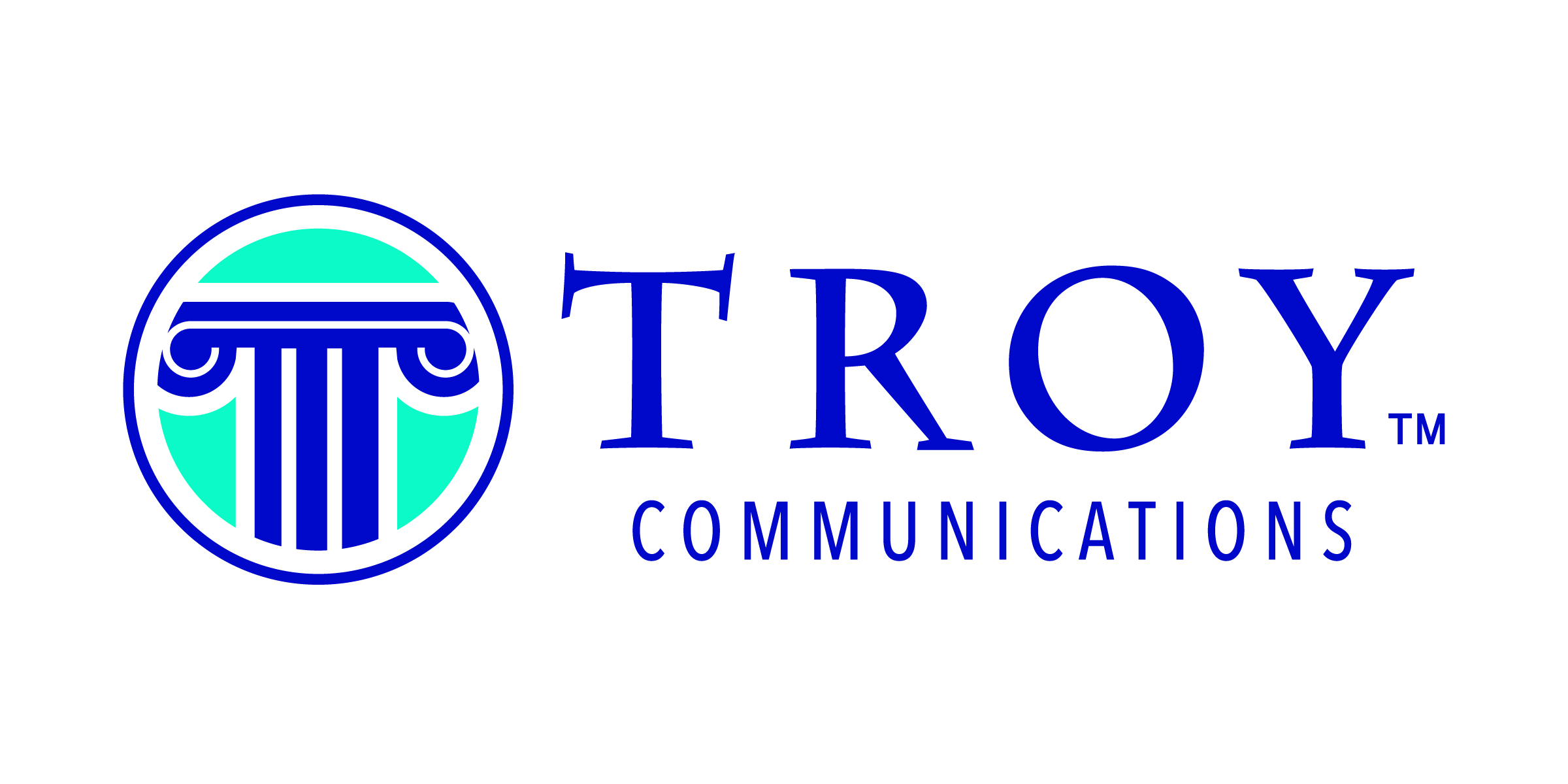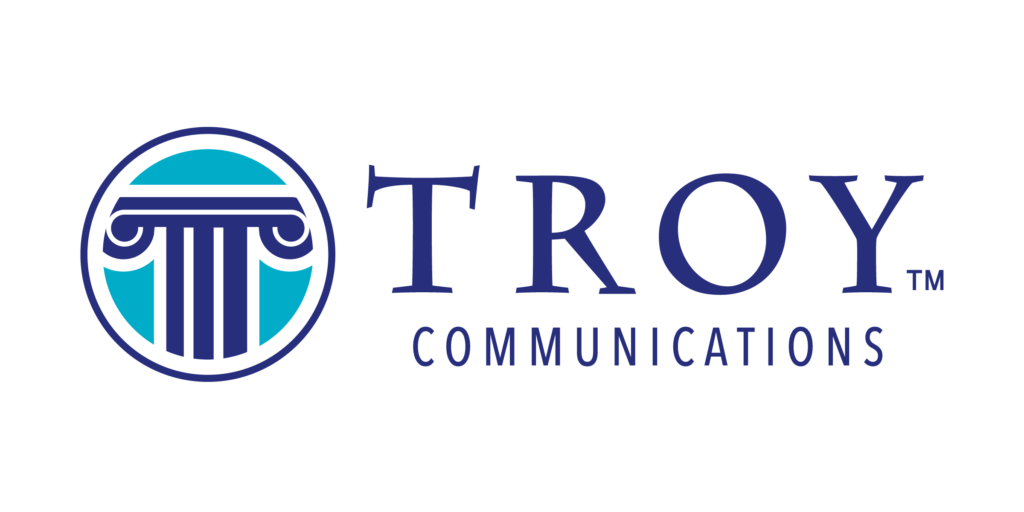By Tasha M. Troy
Have you ever felt misunderstood, that you were being treated unfairly based on someone else’s misconception?
A few years ago when I was leading a rather large project, I lost the trust of my team. I had made a few bad decisions, and about two-thirds through the 6-month project, the situation reached a crisis point. I had to make great efforts (and to humble myself) in order to sufficiently regain their trust so that I could coach them through to completion.
When I lost their trust, their success was jeopardized.
The Center of Trust
What can you do to resolve such a situation and move forward?
The root of it all is an issue of trust; it became clear to me that my team did not trust me or my intentions.
Stephen M. R. Covey, son of the famed author of The 7 Habits of Highly Effective People, says that today, “We are in a crisis of trust.” Trust is truly a highly precious commodity that is in short supply today.
In his book The Speed of Trust, Covey describes “5 Waves of Trust” as ripples in a pond: self trust, relationship trust, organizational trust, market trust, and societal trust.
It all starts with the individual: to what extent are you a trustworthy and credible person?
Two Elements of Trust
Covey goes on to say that “trust is a function of two things: character and competence.” It seems to me that most people spend a lot of time and energy on developing their competence—pursuing advanced degrees and certifications, building their skills and expertise on the job—but few pay attention to building their character.
Character has its source in our daily decisions, which forms our habits. The bottom line is that every day we can choose to make any situation better or worse. If we consistently choose to make the situation better, we build the habits that lead to strong character. However, if we consistently choose to make the situation worse (including choosing inaction), we build the habits that lead to weak character.
Developing Self-Trust
The first wave of trust, according to Mr. Covey, is self-trust, by which he means personal credibility. Are you able to trust yourself? If you cannot trust yourself, no one else will be able to trust you.
I find this closely related to self-discipline. So many times, we hold ourselves to commitments made to others, but neglect the commitments made to ourselves. How many times have you made the same New Year’s resolutions yet failed to keep them?
Every day you can choose to keep your commitment to yourself or you can choose to break it, choices that form your character and either establish or corrode your self-trust.
If you want to grow in the area of trust, Mr. Covey suggests starting with your commitments to yourself. For me, this means getting up when my alarm goes off the first time, the time I intended to get up, and developing healthier habits.
Take It Deeper
What about you? What commitments to yourself are you going to follow through on this week?
Sometimes it’s hard to know where to start. If you would like to go deeper on this topic, I hold free exploratory coaching sessions each week. You can register online at Troy Communications or email me to schedule an appointment at TMTroy@TroyCommunications.Net
If you enjoyed this article and would like to receive these monthly posts in your inbox, you can subscribe at Troy Communications Blog.


